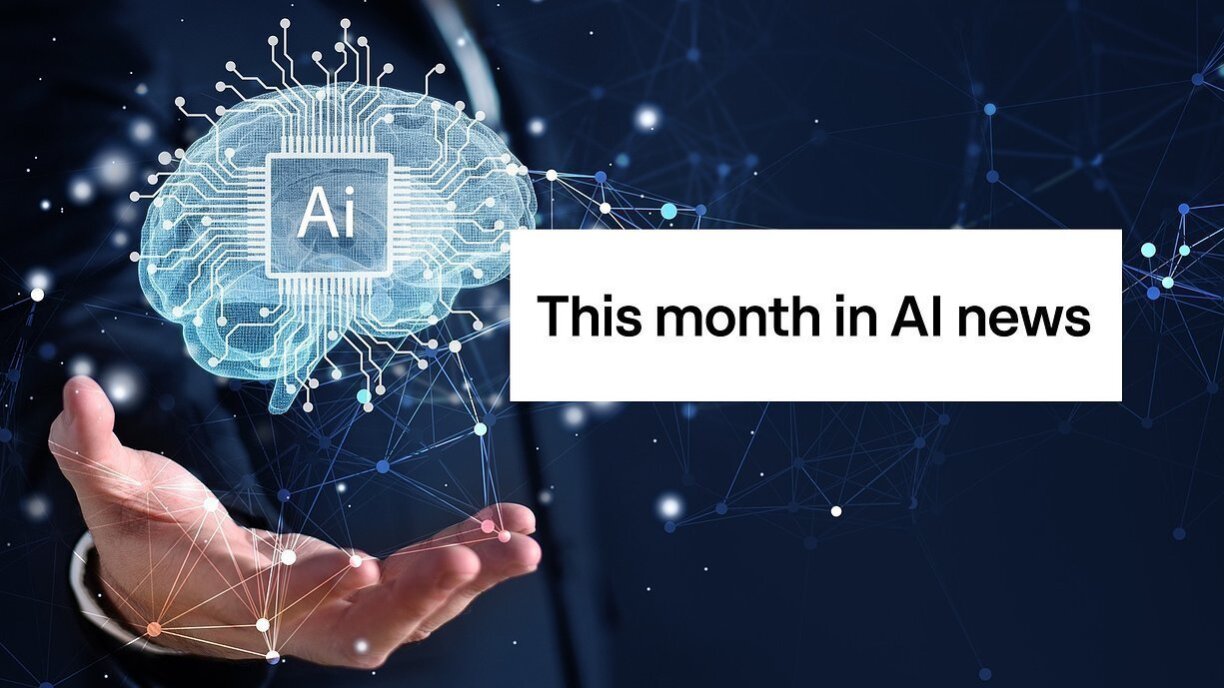
As the United States ramps up its aggressive AI strategy, investing billions in energy infrastructure, their main competitors in the race for superintelligence haved called for a global consensus in the field, as development must be weighed against the security risks. Opening the World AI Conference in Shanghai, China’s Premier Li Qiang emphasised the need for governance and open-source development, announcing the establishment of a Chinese-led body for international AI cooperation. Meanwhile, earlier in the month, more than 40 researchers from top artificial intelligence institutions – including OpenAI, Google DeepMind, Anthropic, and Meta – jointly issued a warning highlighting the challenges of AI interpretability.
The rise of superintelligence is inevitable, and while its safe implementation is crucial, unfortunately, the immense power it grants to the first nation to achieve it appears to matter more to Donald Trump’s administration.
In a revealing report by Microsoft titled ‘Working with AI: Measuring the Occupational Implications of Generative AI', they examined which professions are most and least exposed to the growing influence of AI. The findings show that roles centred around communication, content creation, and digital services – such as interpreters, writers, and customer service representatives – are highly susceptible to AI disruption. By contrast, occupations rooted in manual labour and face-to-face interaction, including nursing assistants, dishwashers, and roofers, remain largely unaffected. As the technology accelerates, these insights offer a clearer picture of which sectors may be reshaped by AI – and which are likely to remain resilient. The technology is also largely touted to create a plethora of new jobs and will likely change the way most jobs function.
Click here to see the full list on page 12 of the study.
A new survey conducted by Quest between 24 June and 2 July revealed surprising insights into local attitudes towards artificial intelligence. AI is already well integrated into everyday life, with over 70% of respondents reporting they’ve used AI tools – primarily for personal rather than professional tasks. ChatGPT emerged as the most popular platform, cited by more than 80% of users. While 58% use AI to answer questions and 45% rely on it for writing and structuring text, only 8% still view it as a novelty. Though concerns persist – ranging from cognitive decline to misinformation – most Luxembourgers adopt a pragmatic view: 77% see both the risks and benefits. Notably, 41% believe AI could one day develop consciousness, highlighting just how seriously the technology is being considered in the public imagination.
This month, OpenAI introduced ChatGPT Agents, a new feature that allows the AI to take actions on your behalf – such as browsing the web, managing your calendar, or generating documents – within a secure virtual environment. While still limited in speed and high-stakes reliability, the Agent represents a step towards more autonomous AI assistance and builds on OpenAI’s earlier Deep Research and tool-use capabilities. Users remain in control, with all major actions requiring explicit approval. While agents have become more frequent in the AI field, it took the American company longer than usual to roll out their version.
Just days later, OpenAI also launched Study Mode, designed in partnership with educators to help students learn through interactive questioning, personalised feedback, and structured guidance.
Meanwhile, xAI released Grok 4, its most advanced model yet, featuring real-time search, tool use, and Grok 4 Heavy for parallelised reasoning. The model scored highly on AGI benchmarks and introduced companion-like personas and future plans for video generation. In true Elon Musk fashion it was labelled as the smartest AI.
Researchers at the Technical University of Denmark have developed an AI platform that drastically speeds up the design of cancer-targeting proteins, cutting development time from years to weeks. Using multiple AI systems, including one from Google, the tool creates immune-boosting proteins tailored to both common and rare cancers, with built-in safety checks to protect healthy tissue. The treatment will speed up a process that usually takes years into just weeks, however human trials have yet to begin.
This month, there has been a large increase in viral videos of humanoid robots roaming the streets of China and might show a glimpse of what the future will look like. However, there have been many other videos of robots doing tasks that human’s normally do, such as cutting hair, household chores, gardening, and much more. Many leading figures have expressed their belief that the future of AI is in physical AI and that seems to be happening right now!
Here is the full interview with Sam Altman from the opening line of this article.
Once again, the AI sphere is moving at an incredible rate and the world is changing, therefore it is imperative to stay up to date with all developments in the field. You can read the previous months’ AI reviews here.